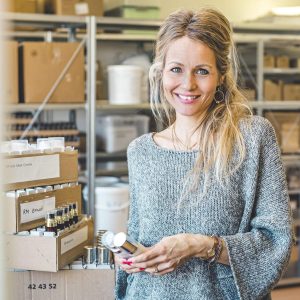Organic / inorganic
What are the differences between inorganic and organic matter?
Organic matter is created from the remains of living organisms. Inorganic matter is everything that does not come from living organisms
The main difference between organic and inorganic matter is the origin of their atoms. Organic molecules consist of carbon, hydrogen, oxygen and nitrogen atoms. Inorganic molecules are made of other elements such as silicon, sulphur or phosphorus
Why is it important to understand the difference between inorganic and organic matter?
Organic matter is any matter produced by an organism and includes plants, animals, fungi and protists. It differs from inorganic matter, which does not come from living organisms
Inorganic matter can be further classified as either non-living or living. Non-living inorganic matter includes minerals and gases such as water vapour and carbon dioxide. Living inorganic matter includes bacteria and archaea
Understanding the difference between organic and inorganic matter can help us understand how different organisms interact with their environment – whether it is a human or a bacterium
